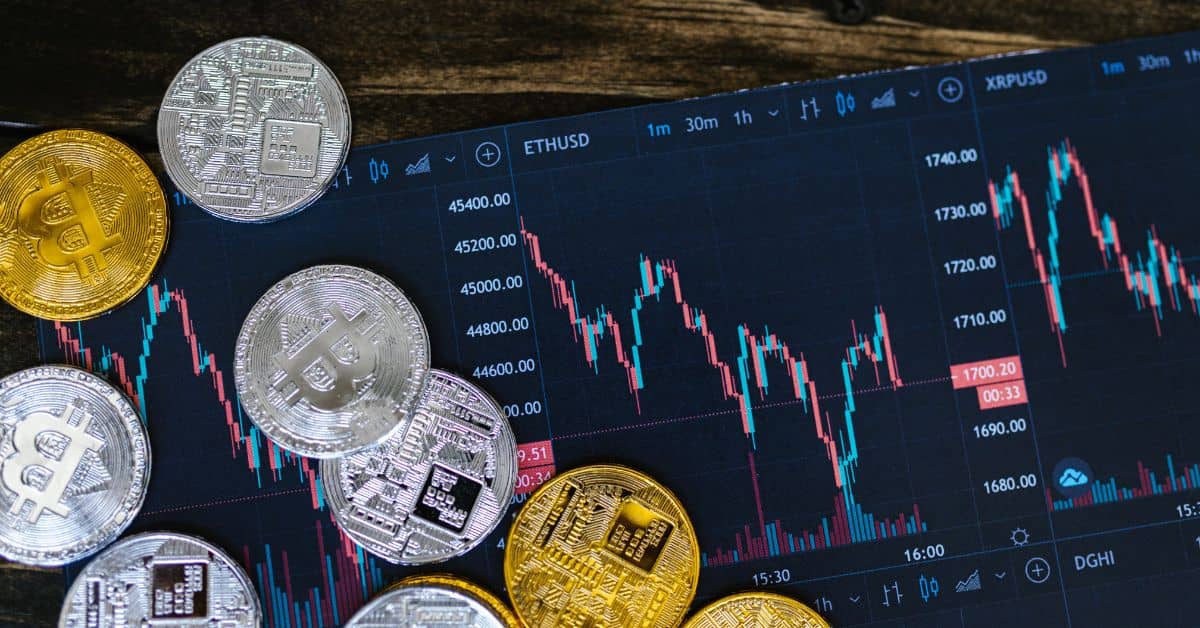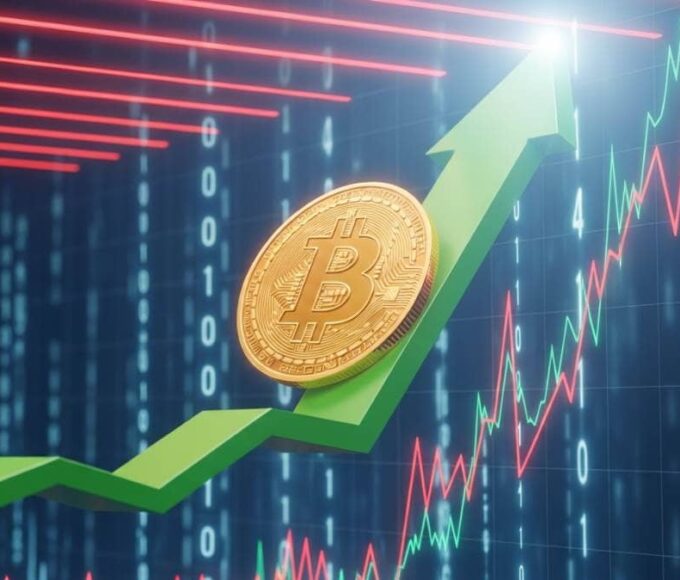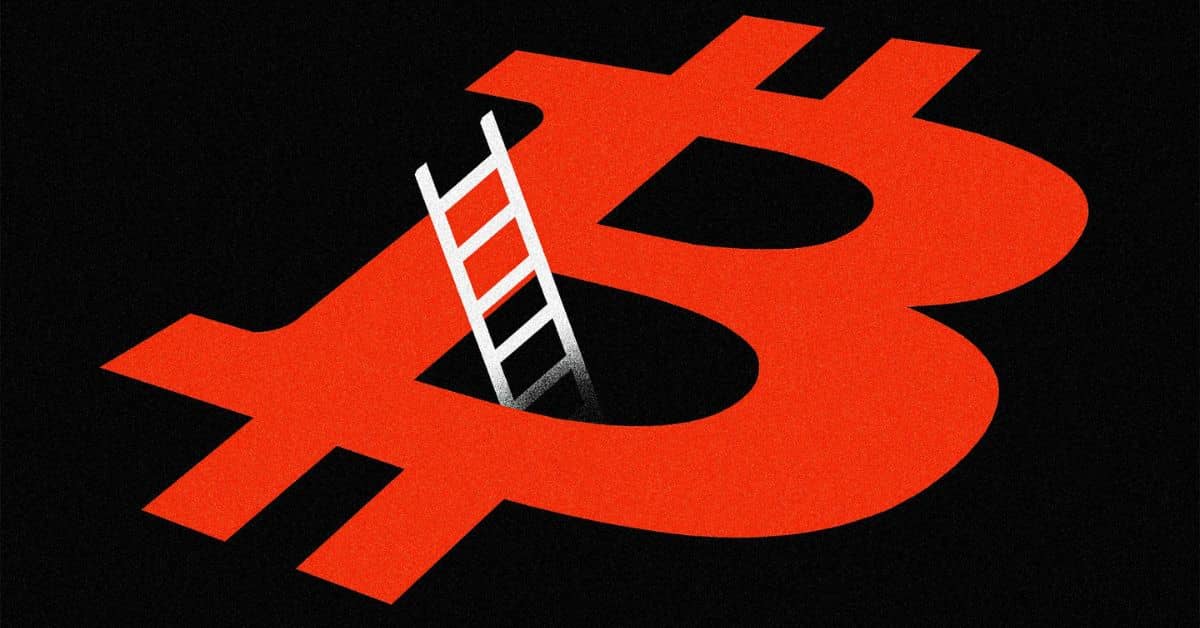As 2025 kicks off, there’s a fierce race for Bitcoin among billionaires and nations. With concerns about monetary instability, more individuals and countries are using Bitcoin as a hedge against fiat currency risks and future scarcity.
Bitcoin Scarcity Drives Competition
Currently, only 2 to 2.5 million Bitcoin remains on exchanges, making it a valuable commodity. Billionaires, such as Michael Saylor from MicroStrategy, are aggressively acquiring Bitcoin, and their actions are having a massive impact.
According to reports, if the remaining billionaires buy $500 million worth of Bitcoin each, they could flood the market with $1.35 trillion, which could significantly push up the price.
In addition to billionaires, nation-states are starting to see Bitcoin as a strategic reserve asset, similar to oil or gold. Countries like Canada may soon consider setting up national Bitcoin reserves. This growing trend highlights Bitcoin’s role as a protection against inflation and the volatility of fiat currencies.
Institutional Demand and Bitcoin ETFs Increase Pressure
Institutional demand is adding fuel to the fire. Bitcoin ETFs, such as BlackRock’s, are seeing enormous trading volumes, with $1.7 billion flowing daily. The demand from these ETFs could require between 3,000 and 4,000 BTC daily, contributing to the ongoing shortage.
Many public mining companies are also following MicroStrategy’s lead, choosing to hold onto newly mined Bitcoin rather than selling it, reflecting the growing confidence in Bitcoin’s future value.
Bitcoin: A Safe Haven in an Era of Inflation
As inflation continues to rise due to governments printing more money, Bitcoin is becoming increasingly attractive as a store of wealth.
The host of Simply Bitcoin described it as a “Doomsday Clock” for fiat currencies. As billionaires and nation-states continue to build their Bitcoin reserves, experts are urging ordinary people to do the same, even if it’s in small amounts.
Meanwhile, the U.S. government recently received permission to destroy 69,370 Bitcoins seized from the Silk Road marketplace, showing their approach to managing Bitcoin reserves without disturbing the market. This adds a new layer of complexity as governments work to balance Bitcoin’s impact on the global economy.
With the growing rush for Bitcoin, the competition between billionaires and nations is only set to increase in 2025, further shaping the cryptocurrency landscape.












Leave a comment